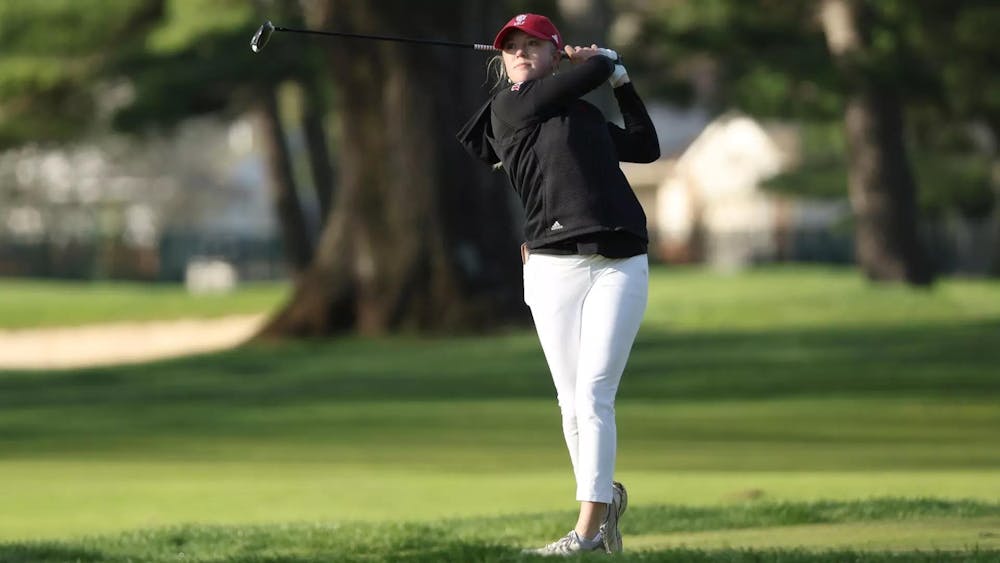When Nabhan Karim heard about the events in New York City on Sept. 11, 2001, he was only 11 years old.
It was late in his native Karachi, Pakistan. He remembers his parents watching the news on television. Everyone was unable to say a word. His family called relatives in New York to make sure they were safe.
“For an 11-year-old, it was incredibly shocking,” Karim said. “I knew something was very wrong. I’ll never forget that night.”
The next day, at the usual morning assembly at his school, there were five minutes of silence for the victims of 9/11.
Karim said one of his school friends lost an uncle who was working in New York.
“It was something that happened in America but affected all of us,” Karim said.
Ten years later, Karim is a junior majoring in telecommunications at IU. For him, 9/11 changed many aspects in today’s society.
He said one of the issues he has to deal with is stereotyping.
As the vice president of the Pakistani Student Association, Karim, as well as fellow members Ali Tariq and Emaan Shamsi, have faced such situations.
“Stereotypes are like a snowball,” said Shamsi, a senior majoring in finance.
“Once they start, it is easier for them to get out of control. Sometimes you feel like you don’t belong here. When I land in the U.S. and I am stopped for hours at immigration, those feelings are strengthened.”
Tariq, a junior majoring in computer science, said the media has not portrayed an accurate reality of his home country. He said this contributes to the prejudices people may have.
“There are many misleading impressions on how Pakistanis live,” he said. “For example, we have had a female prime minister and a speaker of the house. Many things are not the way they seem.”
However, the situation has improved during past decade, Tariq said.
“It’s come a long way, but people are more tolerant now,” he said. “They became interested in knowing about Muslims and knowing more about a topic helps you end with a prejudice.”
IU student Doga Tuncay is from Istanbul. She was 13 years old in 2001 and still remembers how her acquaintances, family and friends were all shocked by the news.
“There was a general feeling of dislike, even hatred, towards Osama bin Laden,” she said.
“I clearly remember watching how the twin towers were falling down. Everybody felt incredibly sorry. One month later, teachers at my school were giving speeches and conferences to explain to us what had happened, as well as the correlation between Muslims and 9/11.”
She said she agrees with the fact that prejudice is sometimes inherent in society after 9/11.
Tuncay is the president of the Turkish Student Association, and she said on the day of Osama bin Laden’s death, an email was sent to the association. She said it was a message of hatred against Turkish students.
“It was very surprising and confusing,” Tuncay said. “There is no connection between Turkey and what happened on Sept. 11.”
In spite of this, Tuncay said 9/11 changed people more collectively than individually.
“It did not change me directly, but it affected the perspective people have on many issues, particularly the way Muslims are viewed and treated,” she said.
“There were people from all over the world that died in that attack, including Turkish people. It was something that affected all of us.”
Foreign students remember 9/11
Get stories like this in your inbox
Subscribe





